The Pacemakers-Face to Face
(Interview with the pediatric surgeon who was applauded by Bombay High Court for his trailblazing performance in the court in the case related to fixing of rates for treatment of non covid patients by Maharashtra Government)
The recent directives from the Supreme Court regarding the pricing of healthcare services have stirred up unrest within the healthcare sector. Various medical associations are considering intervening in this matter. Additionally, a 2020 judgment from the Bombay High Court has suddenly gained importance, wherein the court nullified the Maharashtra government's directive to set rates for non-COVID patients in private hospitals. Dr. Pradeep Arora, a pediatric surgeon from Nagpur, contested the rate-fixing notification in the Bombay HC, and the court explicitly commended his thorough understanding of the subject in its ruling. The Pacemakers conducted an interview with Dr. Pradeep Arora on this issue. Here are some highlights from the conversation:
The Pacemakers: Dr Arora, as we all know that recently Hon'ble SC has issued direction to government to fix charges of health care services .You were the petitioner in the writ petition in the Bombay High court in a similar issue of fixing of charges by state govt for treatment of Non Covd patients. Please tell us what was the issue?
Dr Pradeep Arora : Yes, the matter in our Petition before Bombay High Court was basically similar to the recent issue before the
Supreme Court in PIL regarding the fixation of healthcare service charges. However there is one important technical difference.
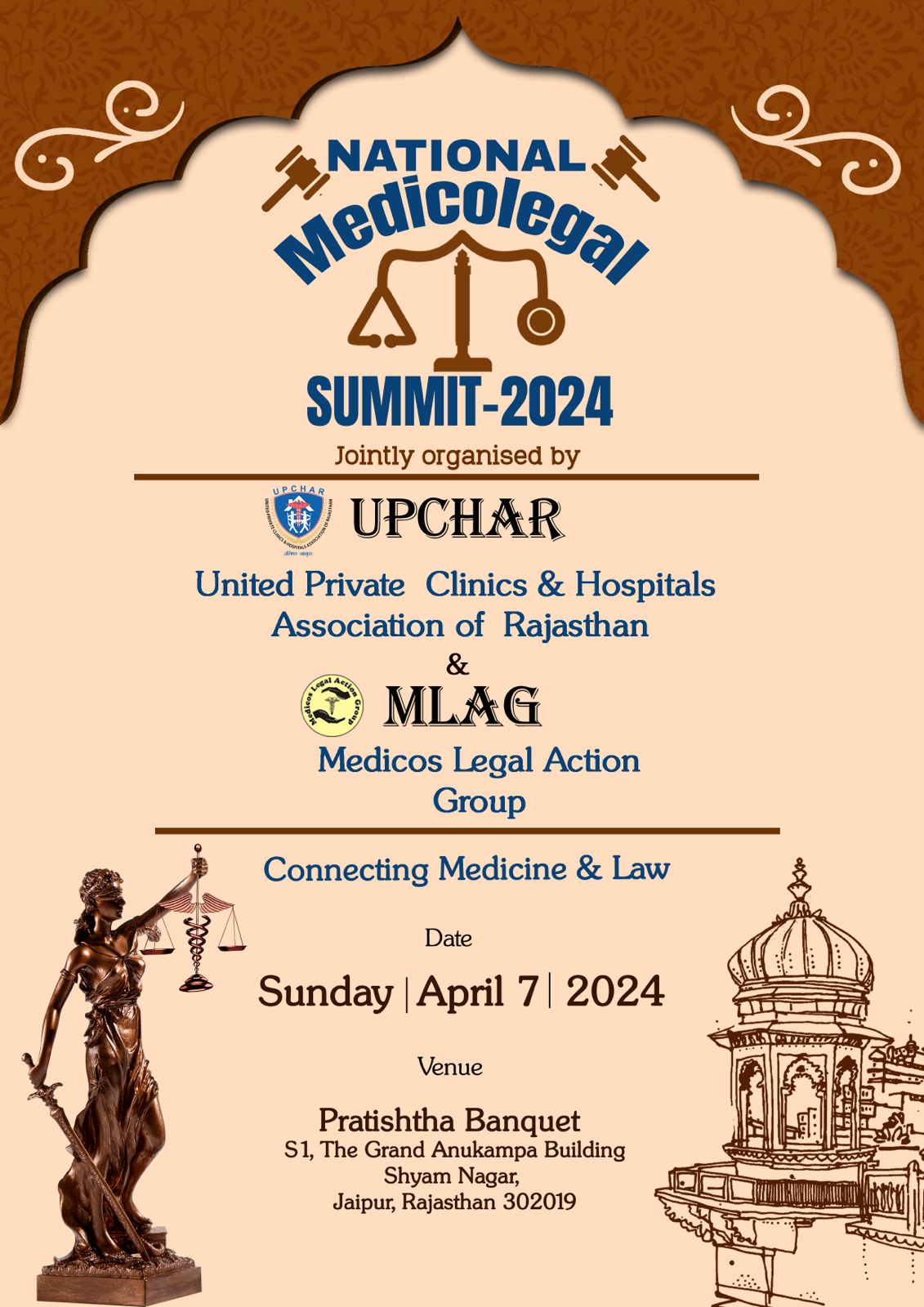
The Pacemakers: What is that difference?
Answer: The difference is that in the PIL before Supreme Court, the issue is why the Central Government (executive) has not determined the rates as per Rule 9 (ii) of CE Rules , 2012 ? But in our case the Govt of Maharashtra (executive) had already fixed the rates by a notification. And we had challenged the very validity of this notification. This notification had same binding force as the Rule 9 (ii) because the notification was issued under the hand and seal of Governor and was duly published in Official Gazette.
The Pacemakers: And what are the similarities between your case and the PIL in Supreme Court ?
Dr Pradeep Arora : The main similarity is that the Rule 9 (ii) is ultravires and unconstitutional much the same way as the notification in our case. The validity of Rule 9(ii) can be challenged on basis of same arguments as in our case. However as pointed above, in the PIL before Supreme court the main issue is the failure of Central Government to fix the rates, No one has as yet agitated the issue of validity of Rule 9(ii) per se. The Associations of doctors who are impleading now may do so;
or still better strategy is to file another writ petition on lines of our case with same arguments to challenge the validity of Rule 9(ii).
The Pacemakers: What was your main argument in your petition?
Dr Pradeep Arora: We argued that the notification of fixed hospital rates was not issued in accordance with any law. The epidemic laws can not be read to confer a power in executive (Government) with respect to Non-Covid patients. We also pleaded that on application of Article 246 of Constitution it is clear that the state does not have the legislative competence to make law for fixing hospital charges. This second argument was more impactful and pertinent as it goes to the very root of whole controversy. We also argued that fundamental rights of doctors stand violated as the Government has issued an unconstitutional and ultravires Notification to fix coercive hospital rates.
The Pacemakers: You argued the case yourself ?
Dr Pradeep Arora: Yes, because I was convinced that the aggrieved person can explain his problem more realistically than anyone else. In the highest Court of the state , on that unforgettable day, the hearing went on for the whole day and only one case (our writ petition) was argued. The Learned Advocate General of state defended the Govt of Maharashtra and I got the opportunity to plead our case in-person for over two hours in the proceeding which lasted from 10 AM to 5 PM. At 5 PM, we knew that we made it.
The Pacemakers: What was the final order by High court?
Dr Pradeep Arora: The court agreed to all the above contentions and set aside the notification holding that capping of healthcare service charges is beyond the legislative competence of state. Therefore the impugned notification of Govt of Maharashtra is a violation of fundamental rights of doctors under Article 19(1) (g).
The Pacemakers: Govt of Maharashtra had challenged the above decision of Bombay High Court in Supreme Court? What did Supreme Court Say?
Dr Pradeep Arora : Yes, the SLP (Special Leave for Petition) challenging this decision was heard by a Division Bench of Supreme Court headed by Hon’ble Justice D.Y. Chandrachud. I was present to defend the judgment as Caveator. After a brief argument, the SLP of Government of Mahrashtra was dismissed and Hon’ble Court observed that it is not acceptable proposition that hospital rates can be regulated by the Government of Maharashtra.These remarks of Hon’ble Supreme Court were also covered by media extensively and many News articles can be googled out.
The Pacemakers: Can Rule 9(ii) of CEA be challenged today in 2024 after twelve years of making?
Dr Pradeep Arora: Definitely yes, a bad law can be challenged after any number of years and is not subject to any limitation. A bad law is a continuous wrong perpetrated on a citizen. He can wake upanytime and challenge a bad law in writ jurisdiction,
The Pacemakers: What course you shall suggest now in wake of recent Hon’ble Supreme Court Order on 27th Feb that the imposition of CGHS rates may be considered?
Dr Pradeep Arora: We must realize that Supreme Court has taken this matter very seriously. So many different Associations jointly or
individually should implead in this matter. An adequate material needs to be placed before the Hon’ble Supreme Court to make the point that CGHS rates are not determined as ‘range of rates’ and are merely offer rates for those hospitals who wish to empanel with CGHS. These rates have not been determined by any legislated process or procedure. So the CGHS rates cannot be imparted a binding force. Moreover it won’t be fair to subject the healthcare providers to sub-optimally determined rates for none of their fault. The fault lies with the Central Government because it failed to determine the range of rates as per rule 9(ii). The doctors cannot be made to bear the brunt of lapses of the Government. I am sure that if proper submissions are made before the Hon’ble Supreme Court, the CGHS rates shall not be implemented as interim measure.
However, the issue of validity of Rule 9(ii) must be put to judicial scrutiny in view of the High Court Judgment in our case, the SLP against which was dismissed by Hon’ble Supreme Court itself.5 Just like the notification in our case the making of Rule 9(ii) cannot be justified on perusal of relevant provisions of CEA and Constitution of India.
The Pacemakers: Are you impleading in this case?
Dr Pradeep Arora: There is fair likelihood, as our Hospital’s Association , Nagpur (which is more popularly known as Vidarbha Hospital Association) wants to take this issue of regulating hospital rates to final stage of adjudication . If the decision of impleadment is finally taken by the Association, and if again the trust is reposed in me, we may implead in the PIL before the Hon’ble Supreme Court.
The Pacemakers: Any advice to medical fraternity?
Dr Pradeep Arora: Firstly, I only wish to implore with all humility that in the present situation, all the Associations,that are impleading in this case, should be open and helpful to each other; it being our common cause. The tendency to remain secretive and reticent about legal points, so that one could corner the glory of procuring favorable judgement, must be resisted. The focus should be on achieving the objective of collective good, no matter who is given the credit for the same. Secondly, we should be more proactive in safeguarding our fundamental rights which are frequently infringed by making of bad laws; and which are prejudicial to our professional autonomy and tranquility.
(As told to Dr Raj Shekhar Yadav, Editor The Pacemakers)
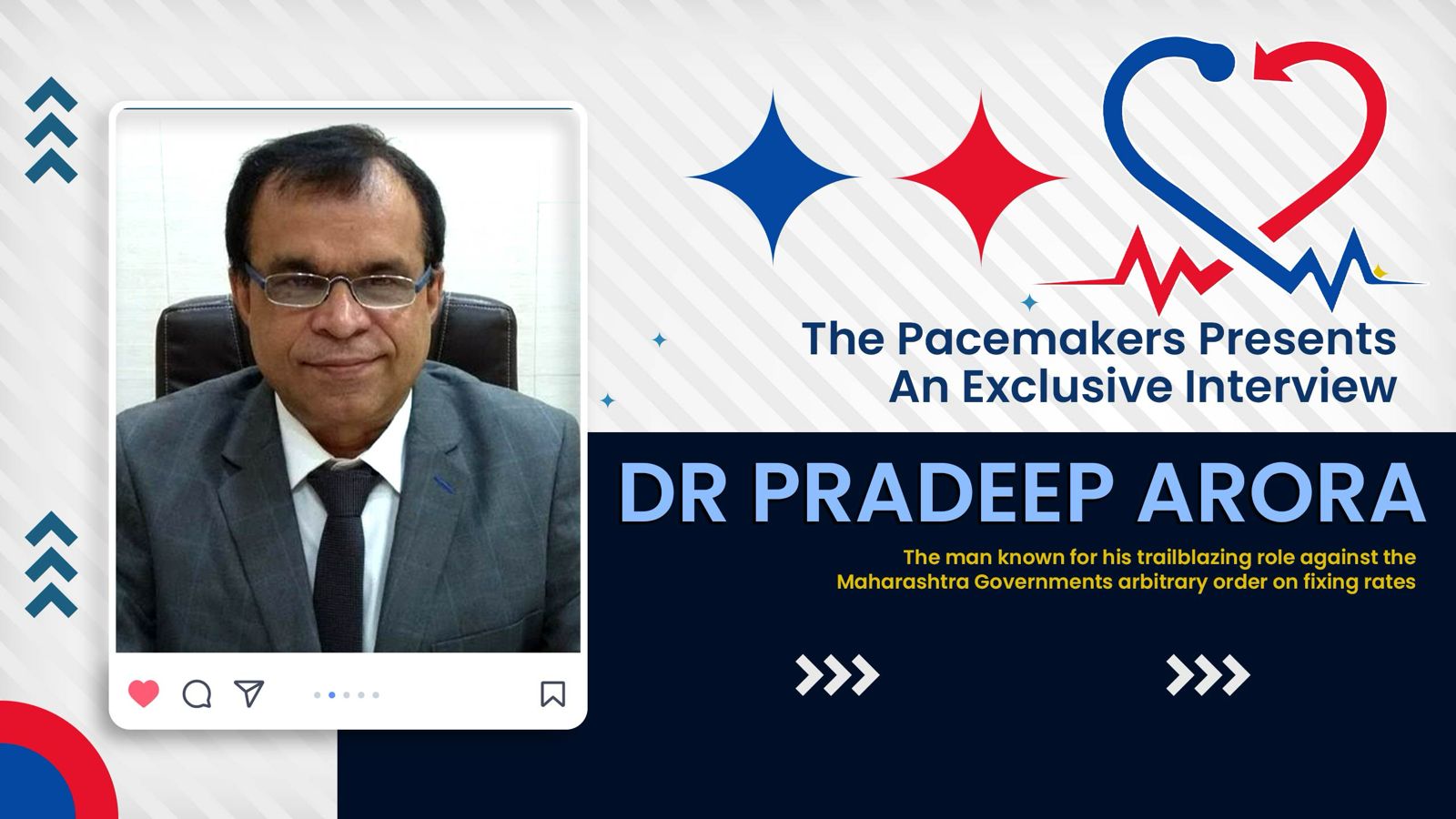
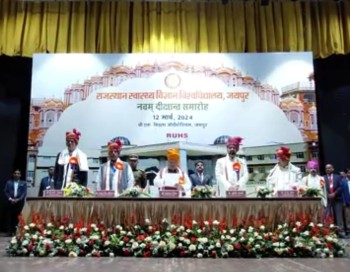
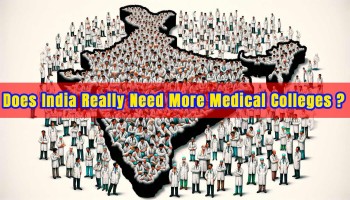
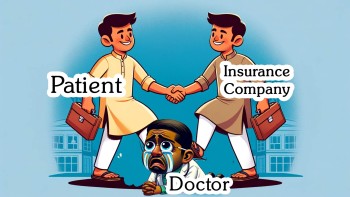
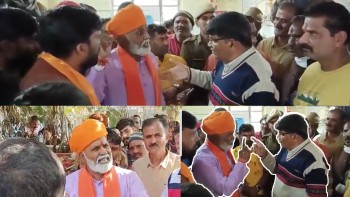

Recent comments
Latest Comments section by users
Guest
Mar 12, 2024
Nobody should be made to suffer because of lapses by the government. Bad laws should be challenged. Keep up the good work sir. Regards -Dr.Abhinand Bedge